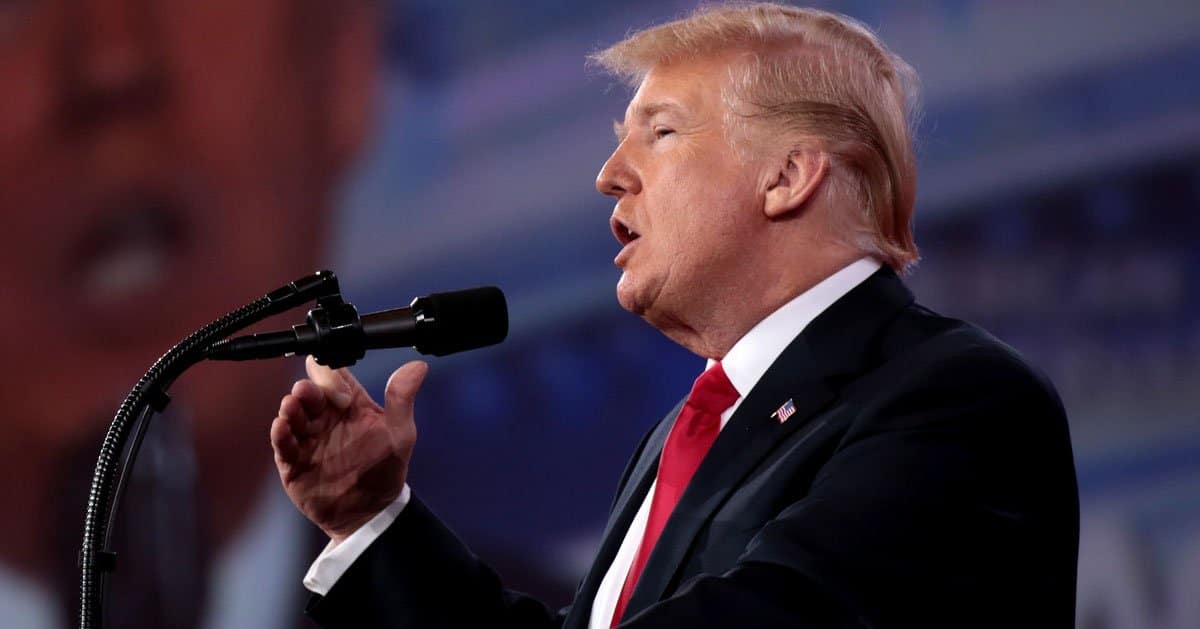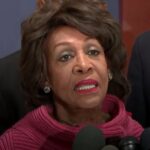






The U.S. Supreme Court has temporarily barred President Donald Trump from immediately dismissing Hampton Dellinger, head of the Office of Special Counsel, leaving Dellinger in place until at least February 26.
CNN reported that the decision involves broader issues concerning presidential authority over officials with protections against arbitrary removal.
President Joe Biden appointed Dellinger in 2024 to oversee the Office of Special Counsel, a role critical in investigating whistleblower claims within the federal government.
After President Trump returned to office, the White House moved to terminate Dellinger, a decision immediately challenged in the courts.
A lower court intervened by issuing a temporary restraining order to prevent Dellinger's termination, leading to an appeal by the Trump administration.
The Supreme Court's decision on the emergency appeal carefully navigated the ongoing legal proceedings. By declining Trump's request for an immediate termination, the Court ensured Dellinger's continued employment until later court decisions.
Four Supreme Court justices, including both conservative and liberal members, dissented from the ruling. Among the dissenting voices were Justices Neil Gorsuch and Samuel Alito, who expressed concerns about the lack of thorough consideration of historical and legal contexts in the lower court's ruling.
Justice Gorsuch expressed his disapproval of the reinstatement, emphasizing that past precedents and legal principles had been insufficiently addressed before reaching the conclusion to reinstate Dellinger. According to Gorsuch, the ruling lacked answers to pivotal legal questions.
This case brings to light questions surrounding the president's ability to dismiss officials with certain legal protections.
Dellinger’s position involves sensitive tasks like addressing whistleblower claims and protecting federal employees from retaliation, making the outcome impactful for independent governmental bodies.
Steve Vladeck, a legal analyst and law professor, suggested that the Court's decision seeks to avoid setting a precedent for frequent emergency requests when existing orders are temporary and time-limited. Through this calculated move, the Court maintains its ability to make a conclusive determination soon.
Hampton Dellinger voiced gratitude for the judicial deliberations that allowed him to continue serving in his role. He conveyed his commitment to maintaining the office's independence from direct political influence, positioning his work as crucial for whistleblower advocacy and government accountability.
With the decision focusing on the Office of Special Counsel, it could set a precedent influencing Trump's control over other independent agencies.
Independent agencies such as the Federal Trade Commission and the Federal Reserve face similar issues regarding executive influence and removal protections.
The U.S. Court of Appeals for the DC Circuit had previously opined that the lower court's temporary restraining order was not subject to appeal, maintaining the order's standing until a comprehensive review. The upcoming court decisions will likely focus on the restoration of such protective measures.
As February 26 approaches, all eyes will remain on the Supreme Court for potential developments. The ability of a president to exercise control over independent entities and the interpretation of “for-cause removal” protections continue to fuel a compelling legal discourse.
In the coming weeks, further legal proceedings will provide a framework for addressing these significant administrative law issues. Both Trump's administration and Dellinger face critical junctures as courts weigh the balance of power and independence within the administration's architecture.
Observers anticipate the potential return of this case to the U.S. Supreme Court. As new rulings emerge, they will set crucial precedents for how power dynamics play out within executive structures and the autonomy of independent agencies.

